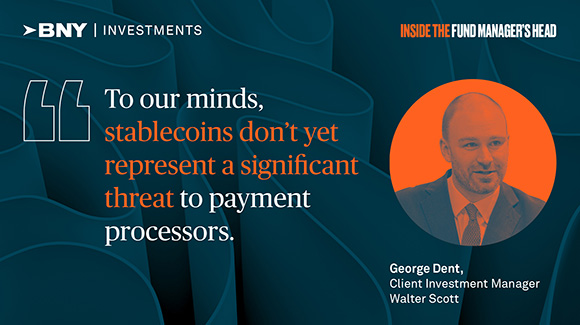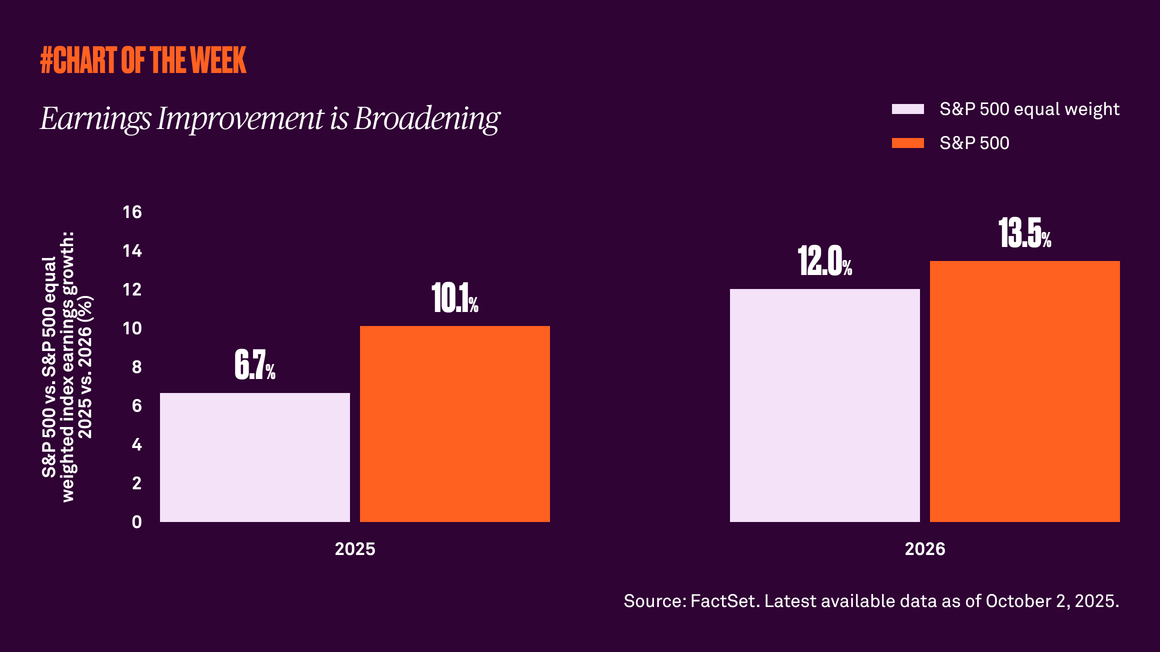In this video, Walter Scott client investment manager George Dent argues that despite their growing popularity, stablecoins are not likely to usurp traditional payment methods such as credit cards soon – especially when it comes to everyday retail payments.

Key points:
- Stablecoins, linked to fiat currencies, offer payment stability but compete with traditional payment methods like credit cards by enabling cheaper global money transfers, especially for crypto trading firms.
- But credit cards maintain advantages such as wide acceptance, loyalty programmes and consumer protections, making stablecoins less appealing for everyday retail and travel payments.
- Major payment networks such as Visa and MasterCard are integrating stablecoins into their platforms, reducing the threat they pose to traditional payment processors.
2659659 Exp: 22 December 2025




